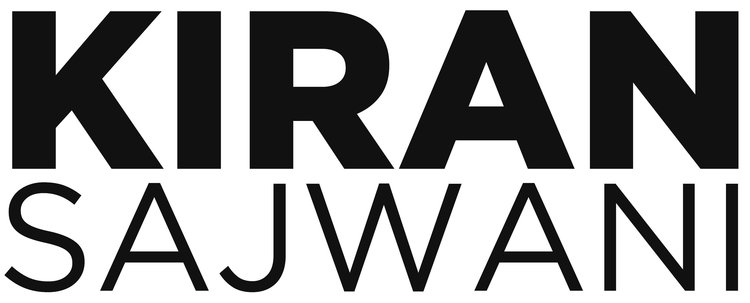My hands were aching, as I hurriedly tried to write the last sentence, when they called ‘Time!’ on our last exam. With a sigh of relief, I put down my pen, handed over my exam to the proctor, and then it hit me… I just finished Q1! After six hectic weeks of pre-readings, post-readings, cases, assignments, essays, presentations, and exams, I finally finished Quarter One of my MBA! I remember it like just yesterday, when I sat in the first class of my MBA, wondering how this experience would be… it’s been an exhilarating experience, although instead of fast-paced run through the forest, it felt more like a bullet train charging through a mountain without a tunnel!
All throughout Q1 we were bombarded with new information on traditional concepts, and the beginnings of how we can tie them all together, and analyze them in a new light to become better problem-solvers. One interesting aspect throughout the quarter has been the "learning by doing" approach. While I find this approach quite important, and much better than a solely lecture-based approach, grading that self-study approach, with feedback coming much later, doesn't allow for much room or time for course correction. I think it's something that I do struggle with, and I suspect some of my classmates may be in the same boat.
How to accomplish a team's common goals, while trying to manage differing individual goals in ‘Managing People in Organizations.' A lot of people are skeptical of the 'soft skills' courses, but their importance cannot be overstated. You may be a technical genius, but if you can't work with different people with varied perspectives, how are you going to manage and lead a team. With its simulation-based approach, 'Managing People in Organizations' helped you discover the problems that might ensue, and how do you overcome them, while still staying in tune with your team's, department's and organization's goals.
How our skewed perception of our risk appetite could interfere with making bold choices in 'Foundations of Integrative Thinking.' While Integrative Thinking is regarded by some as a mere positioning tool, the fact is that it really is the new way to think. In an age of limited financial, human and natural resources, where each decision is going to impact your present and future, you cannot always pick one choice over another. Quite often, you have to develop a creative combination of your options, in order to maximize your scarce resources, and efficiently accomplish your goals. With its problem-analysis and model-building approach, 'Foundations of Integrative Thinking' started to move you towards a new mindset where you are creating models that look at the whole picture, and turn challenges into opportunities.
How to account for the impact and regression of several different factors in making a managerial decisions in ‘Statistics for Managers.’ This isn't your typical statistics course, and quite different from the courses you took in your undergrad, and the additional help from the Scholars makes the concepts and its applications much clearer. While the technical terms generally remain the same (the engineers in my class displayed a particular affinity for all the jargon), the analysis is what makes this statistics course different. I was surprised by the extent to which statistics and data are called upon in making the hard decisions critical to a business' direction, growth and success, and am a bit curious as we head towards the second half of this course in Q2.
How to analyze financial reports for hidden problems and possible opportunities in ‘Financial Accounting I.’ While it did cover the basic concepts and principles of accounting, especially in terms of an organization's financial statements, it was clear that Financial Accounting is not just about preparing all those financial documents, but analyzing them as well. More than just a section in a company's annual report, financial statements allow you to learn more about a company, and the impact of its financial decisions in greater detail, with the analysis aspect kicking into high gear in Q2.
How economists think, and why economic analysis is critical in making better business decisions in ‘Managerial Economics.’ Although supply and demand are important elements in the study of economics, this course went beyond that general perception into greater detail on the economic analysis. It was pure delight to learn about strategy, forecasting, oligopoly, incentives, auctions, and most of all, game theory. After hearing that term thrown about in business scenarios, strategic analysis, and pop culture, it was quite exciting to finally understand the concept, and its application to business decisions and modelling.
Whew! And that's a wrap for Q1! Stay tuned for the next phase of the roller-coaster ride in Q2!
